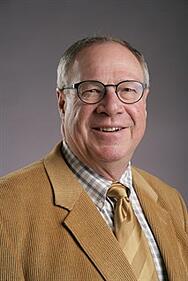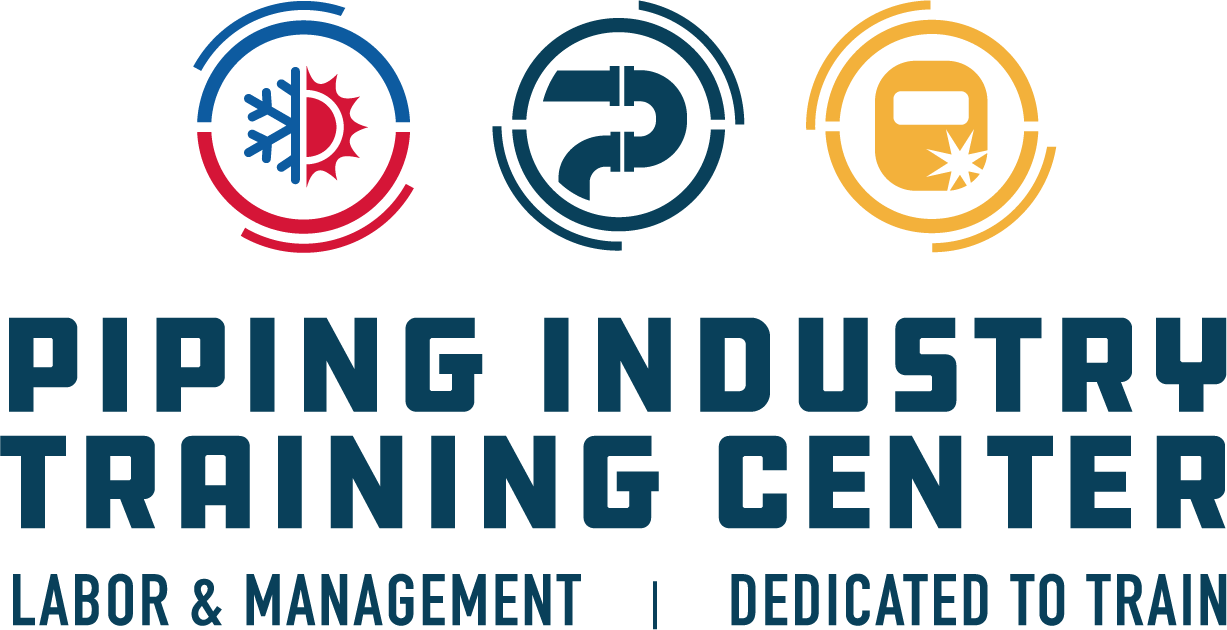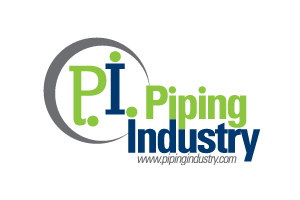“Water crisis grips Toledo area.” “‘Do not drink, do not boil’ water.” “The toxin that shut off Toledo’s water.”
All of us in Northwest Ohio recall the pollution emergency that crippled Toledo’s water supply for three days this August. Now Mayor D. Michael Collins is fighting to make sure this kind of environmental attack does not happen again.
On December 3, Mayor Collins addressed the Senate Agriculture, Nutrition,  and Forestry Committee to request $13 million in federal funding for water improvement initiatives. Collins requested funding for additional research to improve water quality and for funding to implement infrastructure
and Forestry Committee to request $13 million in federal funding for water improvement initiatives. Collins requested funding for additional research to improve water quality and for funding to implement infrastructure
e and conservation improvements of watersheds that affect Lake Erie.
During his address, Collins discussed the fact that water testing standards developed by the World Health Organization in 1996 have not been evaluated or confirmed by our Federal EPA.
“Don’t give this lip service. It’s a canary in the coal mine,” Collins said. “If we forget what happened in Toledo, it is doomed to be repeated…. If we continue to delay, the harm may be irreparable.”
Over 400,000 residents of Northwest Ohio and Southern Michigan went without clean public-drinking water from August 2-4. The fouled water became polluted through phosphorus runoff from municipal farmlands which combined with seasonal algal blooms to create a toxin in the water called microcystis.
In order to become more informed on water quality improvements, Collins met with officials from the Piping Industry on August 13, when he attended the annual “Industry Day” in Ann Arbor, MI. At the event, Mayor Collins was introduced to the experts and instructors that not only set industry standards but train the next generation of plumbers, pipefitters, steamfitters, and service mechanics. Roughly 4,000 instructors and industry experts from the Piping Industry gathered for their annual week-long instructor training program and conference.
The Piping Industry is well-versed in the latest water quality and conservation advancements. We share alliances with fellow industry members whose state-of-the-art water conservation techniques have made great advances in places like Australia.
The Piping Industry is proud to offer our expertise and services for the improvement of our Great Lakes and the health and safety of our community’s residents.
Topics: Health and Safety, Federal Funding, Mayor, Congress, Great Lakes, Water Improvement Initiatives, Water Supply, Federal EPA, Piping Industry, World Health Organization, Southern Michigan, Lake Erie, Northwest Ohio

